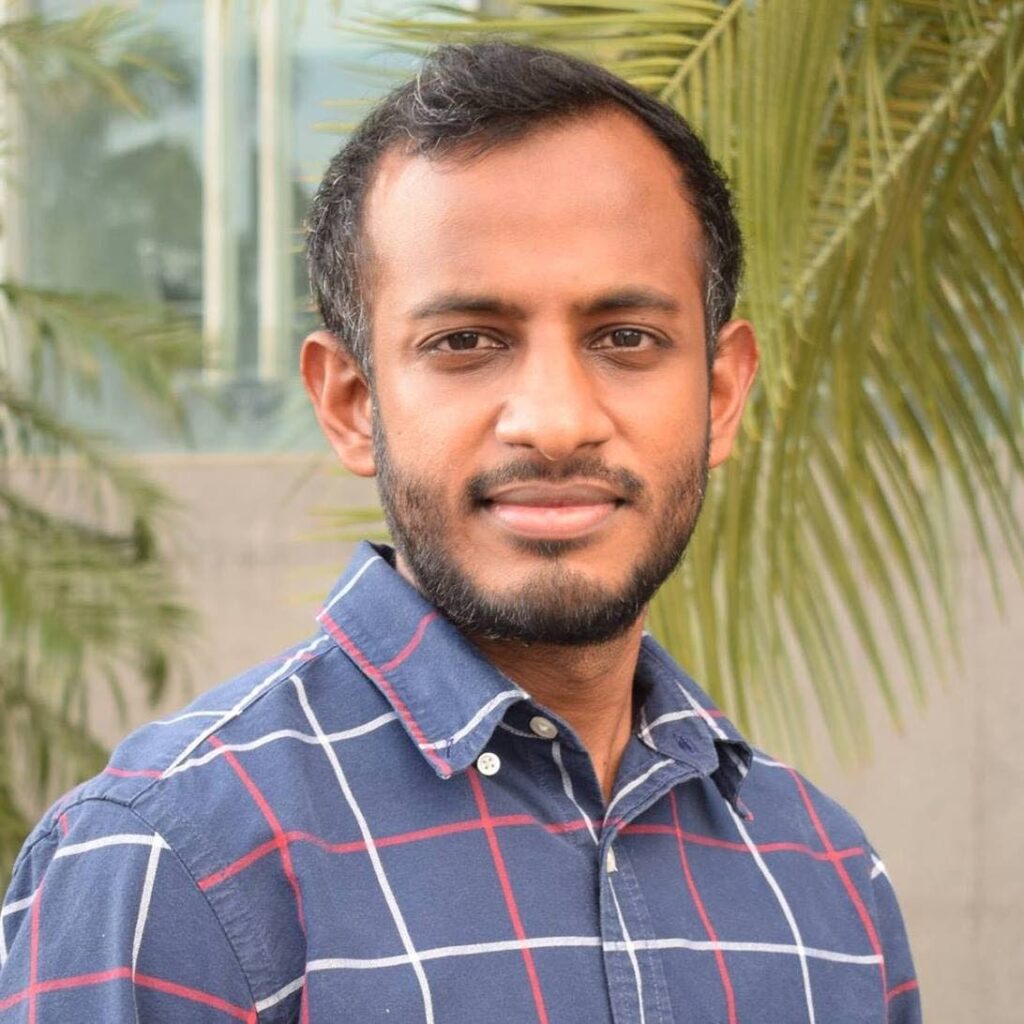Young docs left disenchanted

TAUREEF MOHAMMED
THE CITADEL by AJ Cronin, physician and author, is a classic in medical literature.
Published in 1937, the book opens with the enthusiastic Dr Andrew Manson, fresh out of medical school, taking up a post as an assistant GP (it turned out that he was the actual GP) in a small Welsh mining town. In no time he gets cracking, hopping around town with his doctor’s bag, diagnosing and treating any and everything. He diagnoses myxoedema coma (a life-threatening condition caused by an under-active thyroid gland), resuscitates a newborn, and amputates a miner’s arm.
He did it all with the passion and energy found only in people in their twenties. He progressed, moved to the big city, London, and became a hotshot doctor.
Eventually, though, he became disenchanted with the profession – money ruled, shady partnerships thrived, bureaucracy hindered progress. There was nothing noble about the profession; it was antithetical to everything he believed.
Although fictional, the book shook up the medical establishment in the UK, and is widely thought to have been one of the forces that led to the creation of the UK’s National Health Service.
When I speak to young doctors in TT – especially those interested in making the move to Canada to specialise – their enthusiasm, dashed hopes and disenchantment remind me of the character of Dr Andrew Manson.
Is the reason for their disenchantment the same as Dr Manson's?
I would leave that to people’s imagination; you are free to think whatever you want.
I think the cause of the young doctors’ disenchantment is the lack of a pathway toward meaningful progress in a career that has become very complicated.
Medicine in 2022 is different from medicine in the 1930s.
The beginning of The Citadel describes the simplicity and beauty of medicine back then. It was all about the art; the science was in its early stages. One jumped into independent general practice straight out of medical school, diagnosing and treating everything; it was fun and adventurous.
Medicine has now become complicated and messy.
For every organ there is now a specialist. And for every specialist, there is a sub-specialist.
Therapeutics have advanced to the point that a specialist, looking at an organ down to the cellular level, is unable, whether owing to time or mental capacity constraints, to step back and treat the entire person.
Invariably, the general practitioner (GP, also called primary care physician, family medicine doctor) is left with the difficult task of reassembling people after they’re disassembled by specialists. And when a patient cannot see his specialist for six months to a year, the GP tries to bridge the gap.
People are living longer, accumulating multiple comorbidities as they age, visiting multiple specialists, filling interminable prescriptions (the record number of pills I have seen one person on is 30), and it’s left to the GP to keep everything together.
So, in 2022, a GP’s job is probably the hardest one in medicine and is a specialty by itself – you can’t simply jump into it.
So after completing five years of medical school, a one-year mandatory internship at a teaching hospital (any major public hospital in TT), the young doctor hits a roadblock – he/she does not get pass the first page of The Citadel.
How did it come to this?
In 2004, through the Government Assistance for Tuition Expenses (GATE) programme, tertiary education, including medical school, was made free. Medical school classes went from less than 100 to hundreds.
It was just a matter of time before the public health sector – where young doctors are mentored on the job or enrolled in a university-accredited specialty programme – became saturated.
In 2017, when I graduated, the signs started to show: the mandatory one-year internship had to be staggered to accommodate the entire graduating class. After I completed the internship, I applied for a junior position in SWRHA, NCRHA, and NWRHA, and nothing turned up.
At that point a young doctor in TT has only three options: set up an independent practice straight out of internship as though you are living in the 1930s – which, by the way, is legal according to the medical board regulations – find mentorship in the private sector, and/or do a foreign-based medical licensing exam and look for opportunities abroad.
I found mentorship in the private sector, did the Canadian exams, and left. And when asked, I do not hesitate to tell new graduates to do same.
Taureef Mohammed is a graduate of UWI and a geriatric medicine fellow at Western University, Canada


Comments
"Young docs left disenchanted"